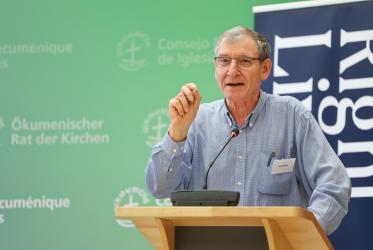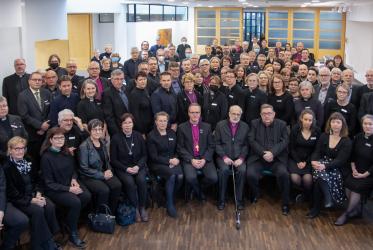Australia
Aboriginal people settled in Australia more than 40,000 years before the first white exploration began in the early 17th century. In 1788 Britain established a penal colony there. In 1901, Australia became independent of Britain. In the 20th century many Europeans and Asians migrated to Australia. Today the country has a prosperous capitalist economy, although its previously generous policies towards immigrants and refugees have hardened considerably in recent years. Australia struggles with the effects of years of injustices suffered by the Aborigines, who continue to be marginalized, poor and victims of racism. The churches are challenged to relate in new ways to the aboriginal communities in their midst. The two largest Christian bodies are the Catholic Church, transported from central Europe and the Philippines, and the Anglican Church, with its roots in Eng- land. The Uniting Church in Australia, made up of former Congregationalists, Methodists and Presbyterians, is one of the pioneering church unions in the ecumenical movement worldwide. Of more recent origin are the sizeable Orthodox churches and the Pacific Islander communities. The National Council of Churches was re-organized several years ago to include the Catholic Church. There is also an Australian Evangelical Alliance. Evangelicals, Pentecostals and Charismatics represented in 2000 some 27 percent of the Christian population. In their external relations, Australian churches are primarily turned toward the Pacific and Asia.




